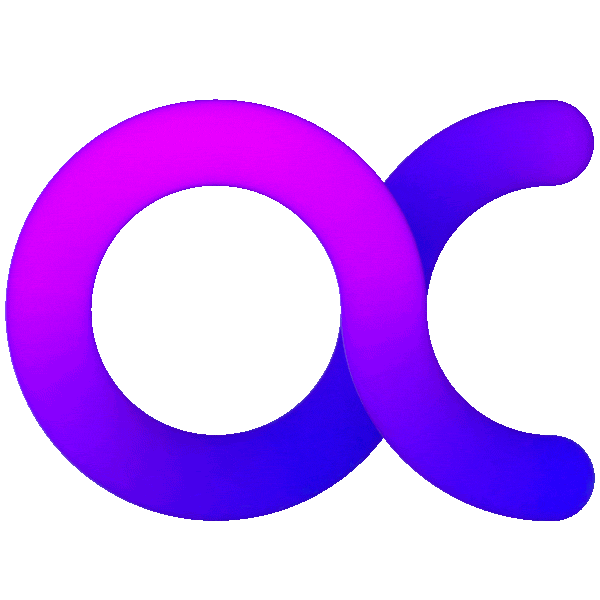The world of search engine optimization (SEO) is dynamic and constantly evolving. To the uninitiated, it may seem like Google’s ranking system is a monolithic entity, but in reality, it comprises a multitude of systems that work in tandem to deliver search results. In this article, we’ll delve into the evolution of ranking systems, the importance of understanding them, and how to respond to updates effectively.
The Evolution of Ranking Systems
Imagine Google’s ranking systems as a complex ecosystem, each system serving a unique purpose but all contributing to the goal of delivering relevant and helpful search results. Over the years, these systems have evolved and adapted to keep pace with changing user behavior and technological advancements. One significant change in Google’s approach was the shift from framing updates as singular events to viewing them as improvements to existing ranking systems. This transition aimed to provide more clarity to users and webmasters, eliminating the confusion caused by the frequent terminology of “updates” and “algorithm changes.”
For instance, the introduction of the “helpful content system” was a notable shift. Instead of treating it as a one-off update, Google emphasized that it was part of a broader ranking system. This change in perspective encouraged webmasters and content creators to align their strategies with Google’s long-standing principles of providing helpful, user-centric content.
Responding to Ranking Updates
One common concern among website owners and SEOs is how to respond to ranking updates effectively. The good news is that if you’ve been following Google’s guidelines and focusing on creating valuable, user-friendly content, you may not need to overhaul your strategies with every update.
Here’s the key: When Google announces a ranking update or introduces a new ranking system, it’s an opportunity to evaluate your content and ensure it aligns with Google’s evolving criteria. If you notice a change in your website’s performance following an update, it’s a sign that you may need to realign your content strategy with Google’s priorities.
Understanding Google’s Guidance
To help website owners and content creators navigate the world of ranking systems, Google has made significant efforts to provide guidance. The creation of standalone pages explaining key ranking systems and their requirements has been instrumental in clarifying expectations.
For example, if your website contains product reviews, Google’s guidance will direct you to create authentic reviews that demonstrate your use of the product. While this advice may not necessitate drastic changes to your content strategy, it serves as a reminder to stay aligned with Google’s evolving criteria for high-quality content.
Embracing the Mindset
One noticeable shift in Google’s guidance is the emphasis on adopting the right mindset. Rather than fixating on individual ranking factors, Google encourages webmasters to focus on the broader picture. This means creating content that genuinely serves the needs of users, is informative, and offers a seamless user experience.
While technical SEO remains essential, the bigger picture revolves around user-centric content. Google’s goal is to ensure that when a user lands on your page, they find it valuable and relevant to their query. This approach not only aligns with Google’s evolving ranking systems but also caters to the preferences of modern users.
The landscape of SEO and Google’s ranking systems is ever-evolving. To thrive in this environment, it’s crucial to understand the evolution of ranking systems and how they contribute to search results. Instead of chasing every update or algorithm change, focus on the bigger picture: creating content that genuinely serves your audience’s needs.
Google’s guidance is there to help you, not confound you. By embracing the right mindset and consistently delivering high-quality, user-centric content, you can stay ahead in the world of SEO and continue to rank well in search engine results. So, remember, it’s not about keeping up with every update; it’s about keeping up with your audience’s expectations.






